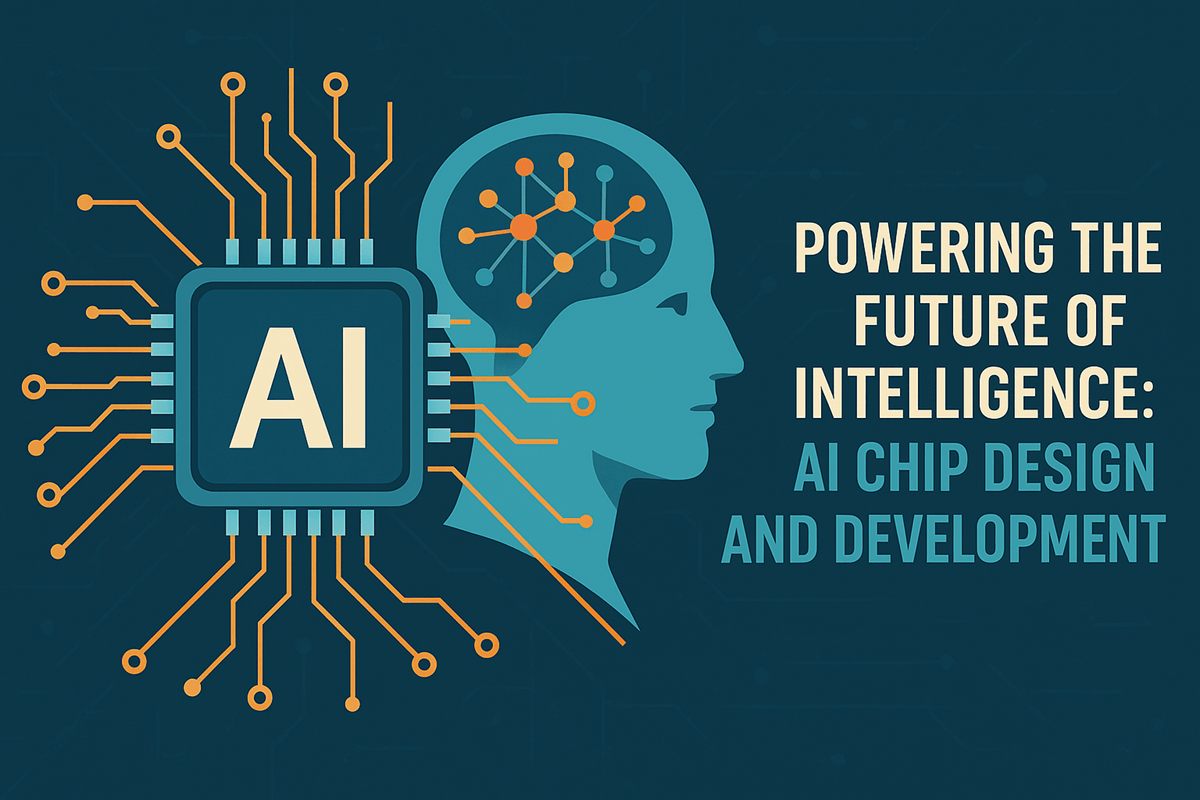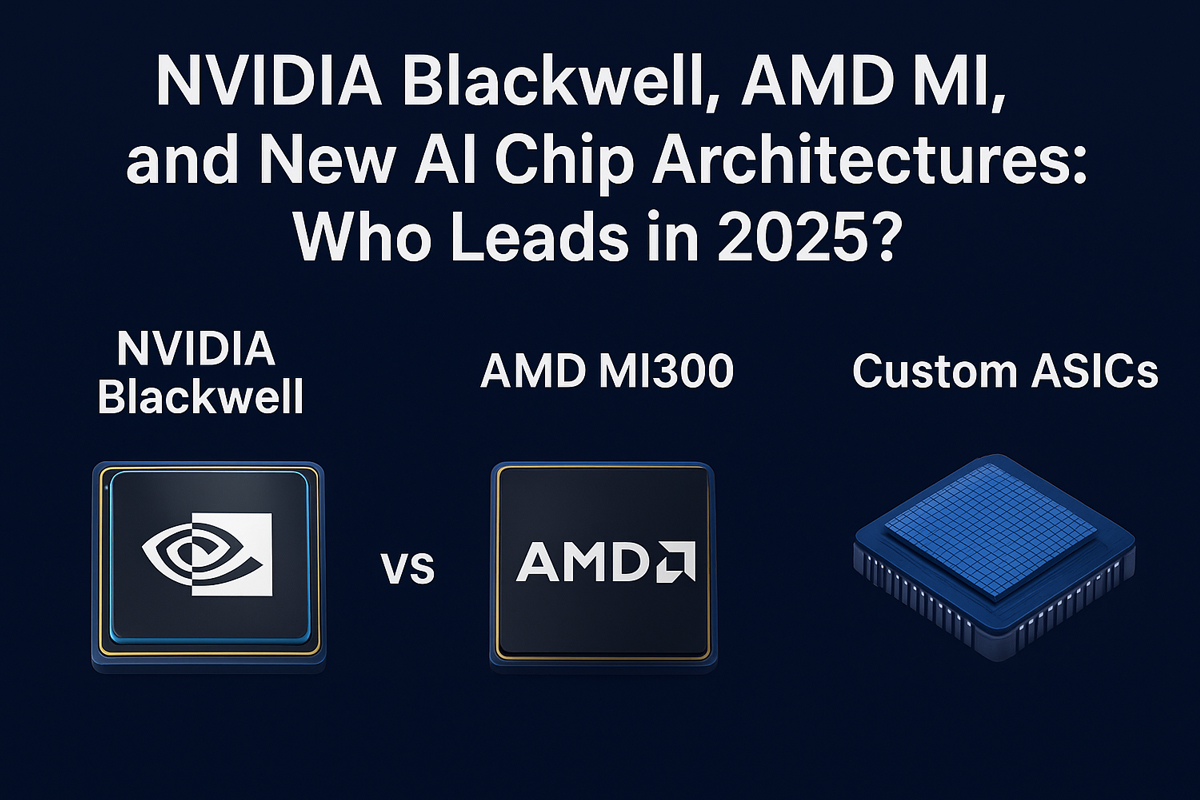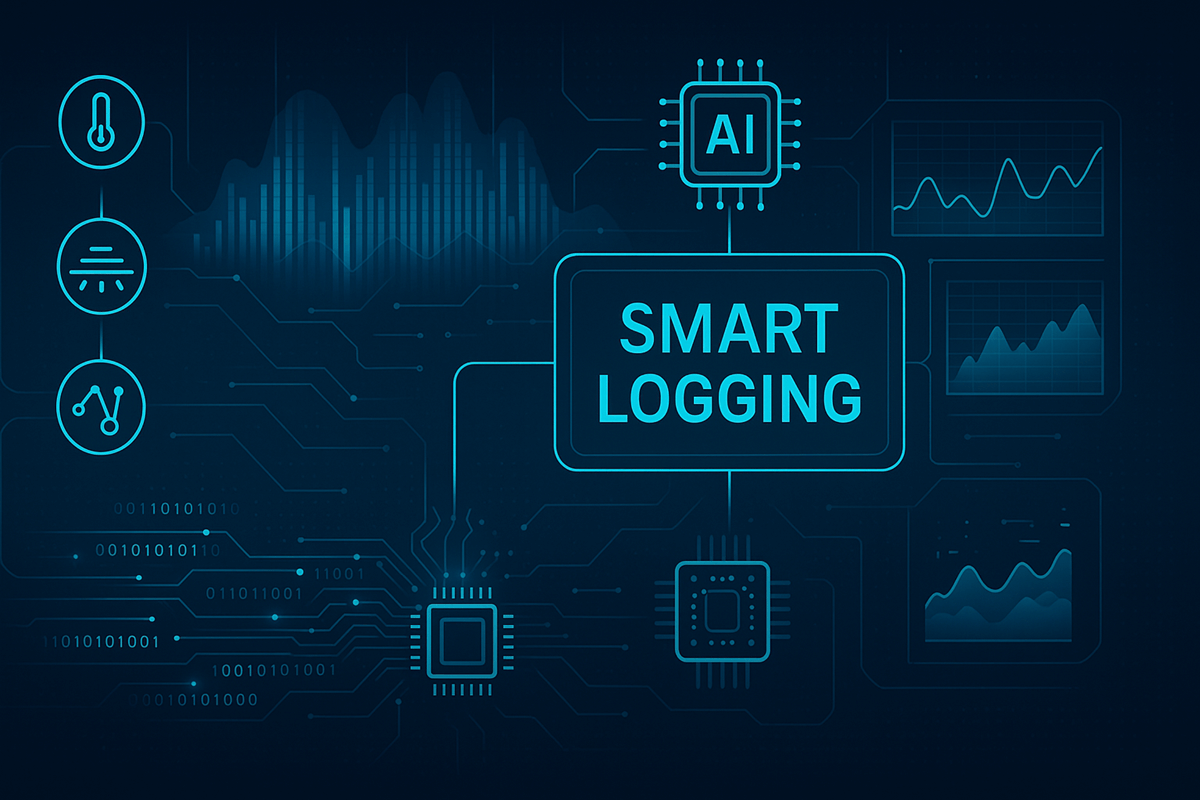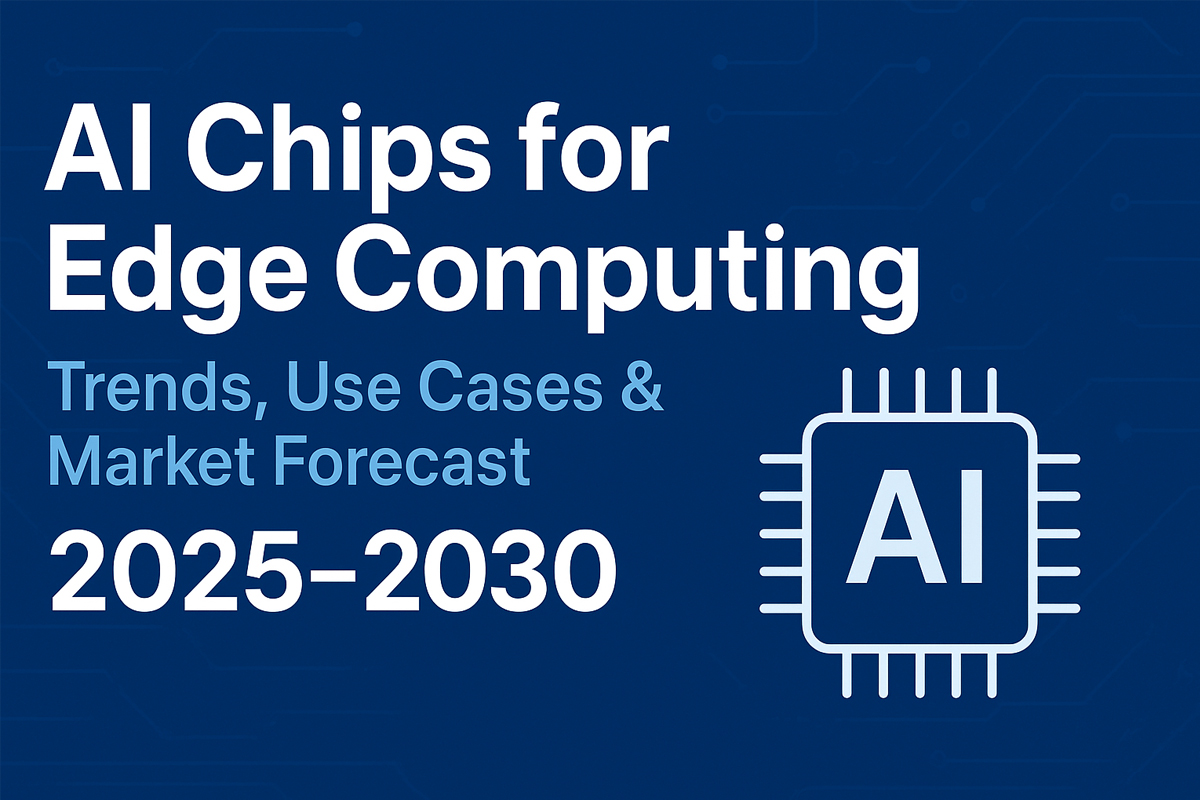In today’s digital-first world, industries need faster, smarter, and more efficient hardware solutions. FPGA development services provide the flexibility, speed, and cost efficiency needed for applications in AI, 5G, aerospace, medical devices, and beyond.
With expertise in FPGA design and FPGA prototyping, businesses can quickly validate ideas, optimize performance, and reduce risks before committing to large-scale production.
What is FPGA?
FPGA (Field-Programmable Gate Array) is a reprogrammable semiconductor device that allows engineers to configure hardware functionality after manufacturing.
Key Features of FPGAs:
- Reconfigurable after deployment
- Ideal for parallel computing
- Lower risk through prototyping
- Scalable for future demands
In simple terms: An FPGA is a “blank chip” that engineers can reprogram to fit almost any specialized hardware function.
What are FPGA Development Services?
FPGA development services involve end-to-end support in building FPGA-based solutions—from architecture and coding to testing and deployment.
These services typically include:
- System Architecture Design
- HDL Coding (VHDL/Verilog)
- Simulation & Verification
- FPGA Prototyping
- Deployment & Support
Businesses rely on FPGA services to shorten design cycles, lower costs, and build flexible hardware systems.
Future Trends in FPGA Development
Emerging trends shaping FPGA adoption:
- AI/ML acceleration with customizable FPGA engines
- Low-power FPGAs for edge computing
- High-speed networking for 6G and beyond
- Enhanced security with hardware-level protections
FAQs (Optimized for People Also Ask)
1. What is the main advantage of FPGA over ASIC?
FPGAs are reprogrammable, making them flexible and cost-effective, while ASICs are fixed-function and efficient only for mass production.
2. Why should a company use FPGA prototyping?
FPGA prototyping validates designs in real hardware, reducing costs and risks before committing to expensive ASIC manufacturing.
3. How long does FPGA design take?
Depending on complexity, it can take weeks to months. Partnering with professional FPGA development services speeds up timelines.
4. Are FPGAs good for AI applications?
Yes, FPGAs are widely used as AI accelerators thanks to their parallel processing and low-latency capabilities.
Conclusion
In today’s competitive landscape, FPGA development services give businesses the ability to innovate faster, scale smarter, and reduce risks. From FPGA design that builds the foundation of custom hardware to FPGA prototyping that validates ideas before mass production, companies gain flexibility and confidence in their hardware solutions.
Whether you’re building next-gen 5G systems, AI accelerators, autonomous vehicles, or medical devices, FPGA technology provides the adaptability and performance needed to stay ahead.






